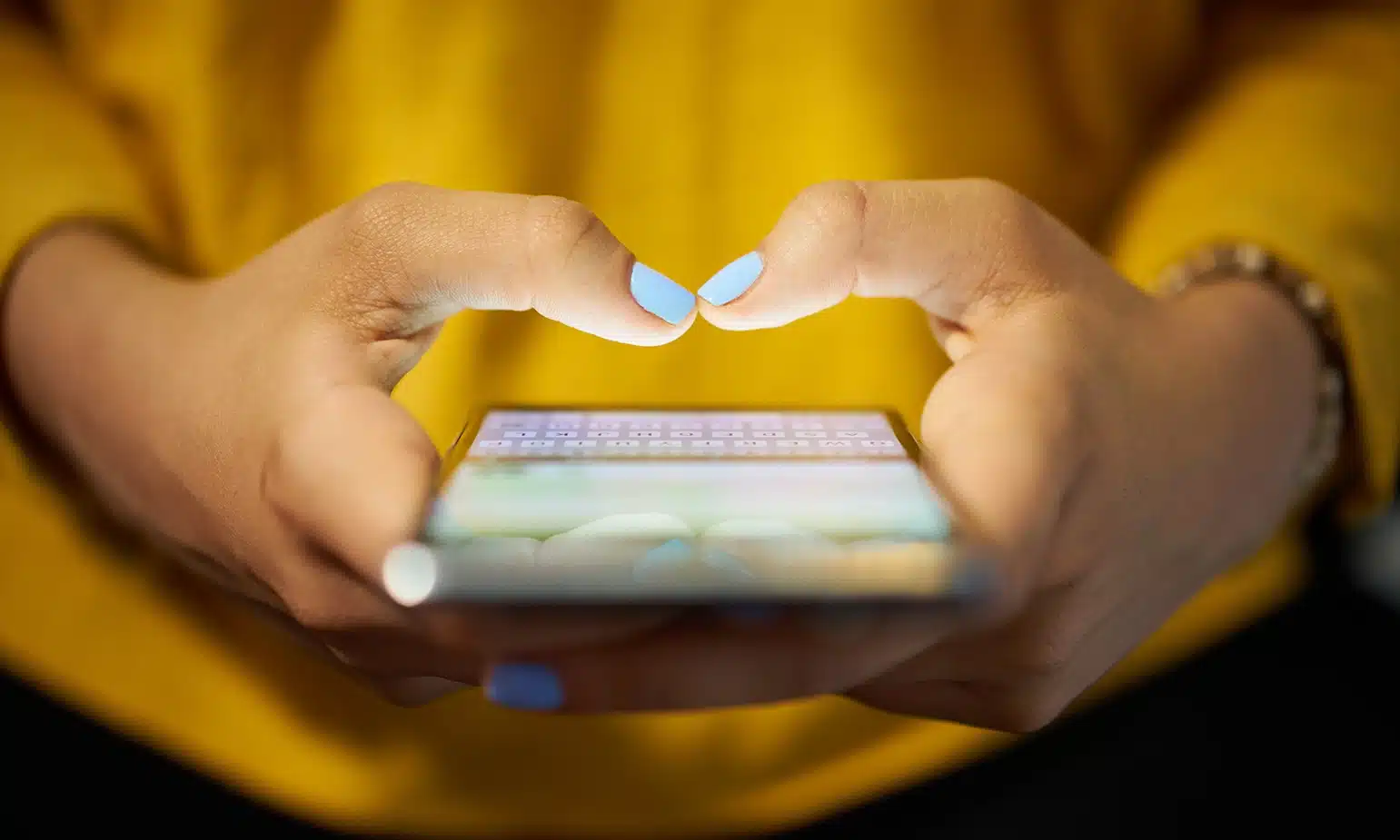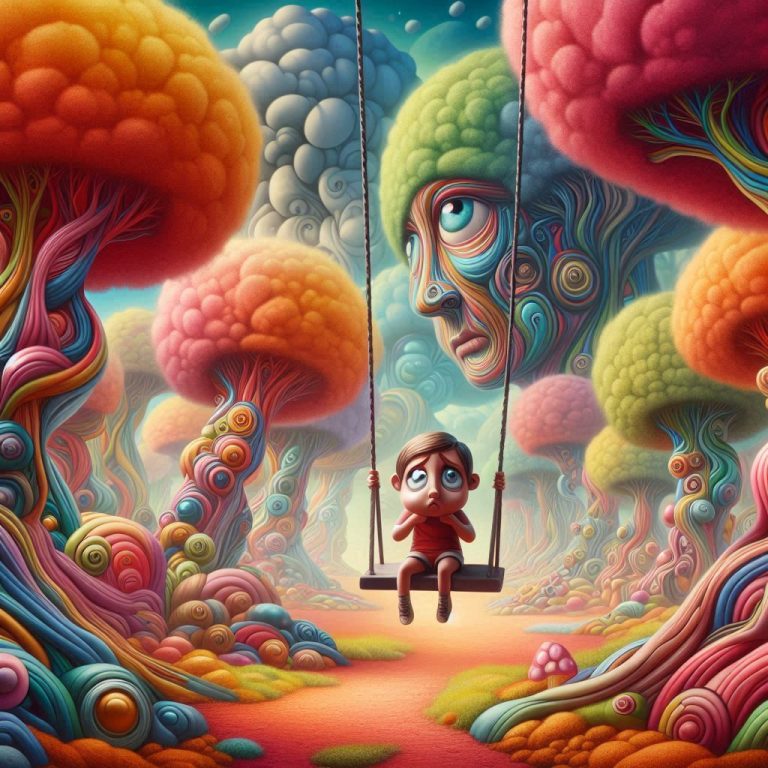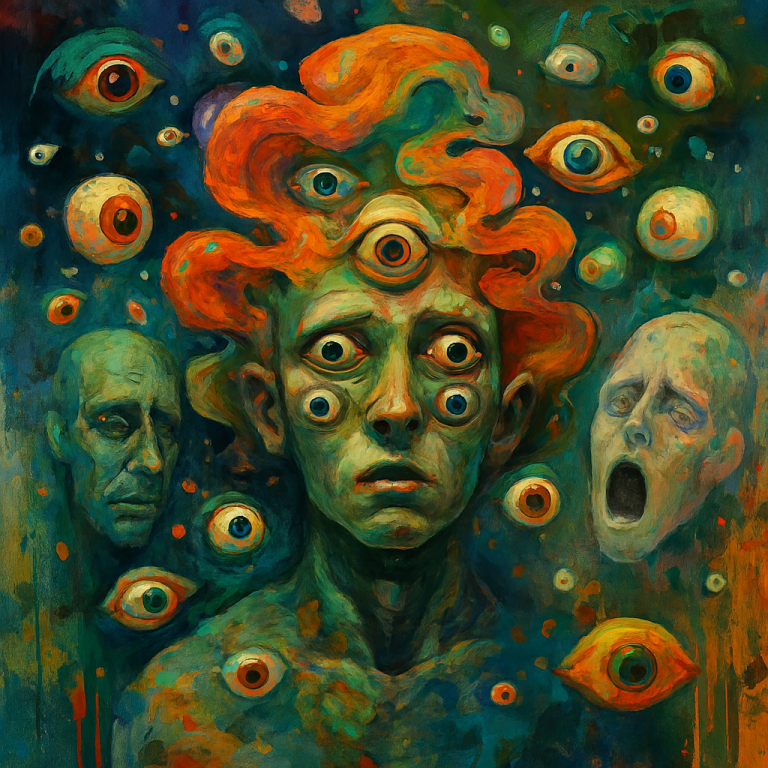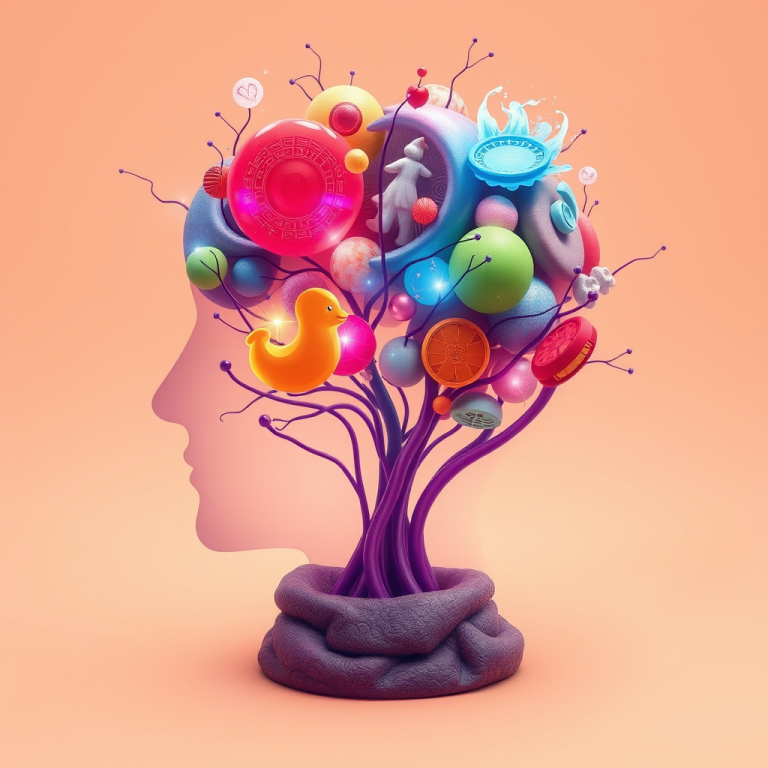How Does Social Media Affect Mental Health?
Social media has become an integral part of our daily lives, with platforms like Facebook, Instagram, Twitter, and TikTok dominating the digital landscape. While these platforms offer numerous benefits, such as staying connected with friends and family, accessing information, and expressing creativity, there is growing concern about their impact on our mental health.
In this comprehensive article, we’ll explore the intricate relationship between social media and mental health, delving into both the positive and negative effects. By understanding these dynamics, we can make informed decisions about our social media usage and promote healthier digital habits.
Read Also: The Psychology of Social Media: Understanding Its Impact
The Pros: Benefits of Social Media for Mental Health
- Fostering Connections: Social media platforms allow us to stay connected with our loved ones, regardless of geographical distance. This sense of belonging and support can contribute positively to our mental well-being.
- Self-Expression: These platforms provide outlets for creative expression, enabling individuals to share their thoughts, ideas, and artwork with a wider audience. This can boost self-esteem and promote personal growth.
- Access to Information and Resources: Social media can serve as a valuable source of information and resources related to mental health, including support groups, educational materials, and professional guidance.
- Raising Awareness: Influencers and mental health advocates leverage social media to raise awareness about mental health issues, reducing stigma and encouraging open discussions.
Read Also: Navigating the Digital Age: Strategies for Healthy Social Media Use
The Cons: Negative Effects of Social Media on Mental Health
- Social Comparison and Envy: The curated and often idealized representations of life on social media can lead to feelings of inadequacy, lowered self-esteem, and envy towards others’ perceived success or attractiveness.
- Fear of Missing Out (FOMO): Constantly being exposed to others’ activities and experiences can trigger a fear of missing out, leading to anxiety, dissatisfaction, and a constant need to stay connected.
- Cyberbullying and Harassment: Social media platforms can facilitate cyberbullying, online harassment, and the spread of harmful or dangerous content, adversely affecting mental health.
- Addiction and Overuse: Excessive use of social media can lead to addictive behaviors, disrupting daily routines, productivity, and interpersonal relationships, ultimately contributing to feelings of loneliness and depression.
- Sleep Disturbances: The blue light emitted by digital devices, coupled with the constant influx of notifications and stimuli, can disrupt sleep patterns and quality, which are crucial for overall mental well-being.
Read Also: Striking a Balance: Healthy Social Media Habits for Optimal Mental Health
Comparison: Social Media Usage and Mental Health Outcomes
To better understand the potential impacts of social media on mental health, let’s consider a comparison table:
| Social Media Usage Pattern | Potential Mental Health Outcomes |
|---|---|
| Moderate, mindful use | Increased social support, self-expression, access to resources |
| Excessive, compulsive use | Increased risk of depression, anxiety, loneliness, addictive behaviors |
| Active engagement (posting, commenting) | Boosted self-esteem, sense of community |
| Passive consumption (scrolling, viewing) | Increased social comparison, envy, FOMO |
| Positive, uplifting content | Improved mood, inspiration, motivation |
| Negative, harmful content | Decreased self-worth, cyberbullying, anxiety |
This table highlights the importance of striking a balance and being mindful of our social media habits and the content we engage with.
Read Also: Social Media and Mental Health: A Double-Edged Sword
Strategies for Healthy Social Media Use
To mitigate the potential negative effects of social media on mental health, consider implementing the following strategies:
- Set Boundaries: Establish reasonable time limits for social media use and stick to them. Disable notifications and avoid using devices before bedtime to promote better sleep.
- Be Mindful: Approach social media with a critical eye, recognizing that most content is curated and may not reflect reality. Practice gratitude and focus on the present moment.
- Engage Positively: Follow accounts and engage with content that uplifts, inspires, and enriches your life. Limit exposure to negative or triggering content.
- Prioritize Real-Life Connections: While virtual connections are valuable, make time for face-to-face interactions with loved ones and engage in activities that promote overall well-being.
- Seek Professional Help: If you experience persistent negative emotions or behaviors related to social media use, reach out to a mental health professional for guidance and support.
Read Also: Finding Balance in the Digital Age: Tips for Healthier Social Media Habits
The Role of Individuals, Platforms, and Society
Addressing the impact of social media on mental health requires a collective effort from individuals, platforms, and society as a whole:
- Individuals: Cultivate self-awareness, practice moderation, and prioritize self-care. Engage in digital detoxes and actively manage social media use.
- Platforms: Implement measures to promote user well-being, such as providing mental health resources, content moderation, and tools for limiting excessive use.
- Society: Raise awareness about the potential risks and encourage open discussions about healthy social media habits. Promote media literacy and critical thinking skills.
By working together, we can harness the benefits of social media while mitigating its potential negative effects on mental health.
Read Also: The Future of Social Media and Mental Health: Emerging Trends and Opportunities
Conclusion
Social media is a powerful tool that can profoundly impact our mental health, both positively and negatively. While it fosters connections, self-expression, and access to information, it can also contribute to feelings of inadequacy, envy, and addiction. By understanding these dynamics and implementing strategies for healthy social media use, we can strike a balance and harness the benefits while mitigating the potential risks.
Ultimately, the key lies in cultivating self-awareness, practicing moderation, and prioritizing self-care. By working together as individuals, platforms, and society, we can create a digital landscape that promotes well-being and supports positive mental health.
For more insights and resources, explore Psychles.com, a website dedicated to psychology, mindful living, finding meaning, DIY therapy, humor and fun, and mental challenges.








3 Comments